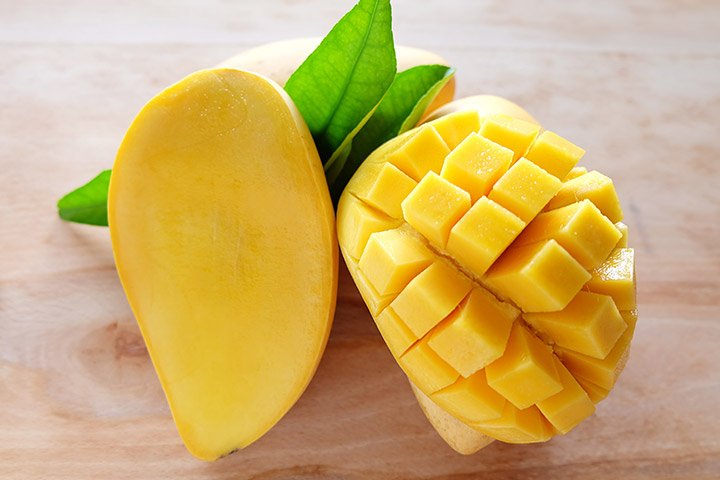Mangoes would need to wear capes, as they could be more of a nutritious hero.
Mango or Mangifera Indica is known as the “King of Fruits” in various regions of the world. It’s a drupe or stone fruit; therefore, it has a huge seed in the center. It is a tropical fruit native to India and Southeast Asia that has been cultivated for over 4,000 years. They come in hundreds of varieties, each with its own flavor, shape, size, and color.
Mangoes Are Extremely Nutritious For Health
This fruit is not only tasty, but it also has a high nutritional profile.
The rich, sweet tropical fruits are high in vitamins and minerals, making them beneficial to our hearts, skin, eyes, digestive, and immune systems.

Mangoes, which are from the cashew family and contain more than 20 vitamins and minerals, including high concentrations of vitamins A and C, are very low in fat — one full mango contains around 207 calories. One cup of sliced mango has around 165 calories and approximately 70% of the required daily dose of vitamin C, which increases iron absorption, protects cells from harm, and boosts the immune system.
Maya Vadiveloo, an associate professor in the department of nutrition and food sciences at Rhode Island University, believes that vitamin C is beneficial to immunity.
Mango contains nearly a dozen distinct types of polyphenols, including the very potent mangiferin. They act as antioxidants throughout the body. And because it is an antioxidant, it can assist the body in dealing with oxidative stress. In addition to being an excellent source of vitamin C, mangoes are also a wonderful source of vitamin A, folate, and fiber, all of which are important for colon cancer prevention, heart disease prevention, and weight control.
Mangoes protect and support the body in a variety of ways, especially when ingested whole and without the added sugars found in canned mangoes. They include a number of antioxidant substances that help prevent or postpone damage caused by free radicals, which are unstable atoms or molecules that may harm cells and cause illnesses like cancer.
The delicious fruit’s fiber, vitamin, and potassium content also aid to lower the risk of heart disease, aside from salt reduction, potassium aids in blood pressure regulation, which is a key problem for the majority of Americans, according to Vadiveloo.
Although the mango season is normally from May to September, imported varieties of the fruit are accessible in the United States all year. However, not everyone should consume them.
Mangoes, like the rest of the cashew family, which includes poison ivy and poison oak, contain urushiol, oil that can cause rashes on certain people’s skin. The oil may be found in every part of the plant, including the leaves, stems, and roots.
Mangoes, in addition to being low in fat, can help with weight loss since their fiber content keeps the stomach full for longer.
One of the benefits of mango is that it can be mixed with a variety of other foods, such as salsa, and it may also be paired with a variety of vegetables. She recommends combining fruits with non-starchy green vegetables to produce an intriguing salad to lower overall calories. Alternatively, serve your fish with mango salsa.
Mangoes are healthful, but they aren’t the only fruit powerhouses available, according to Vadiveloo. The federal dietary standards prescribe two cups of fruits each day.
According to her, experts recommend that consumers consume a variety of fruits and vegetables since they each have a somewhat distinct nutritional profile. So, instead of simply eating mangos, berries, melons, and a range of entire fruits with no added sugar should be eaten.
